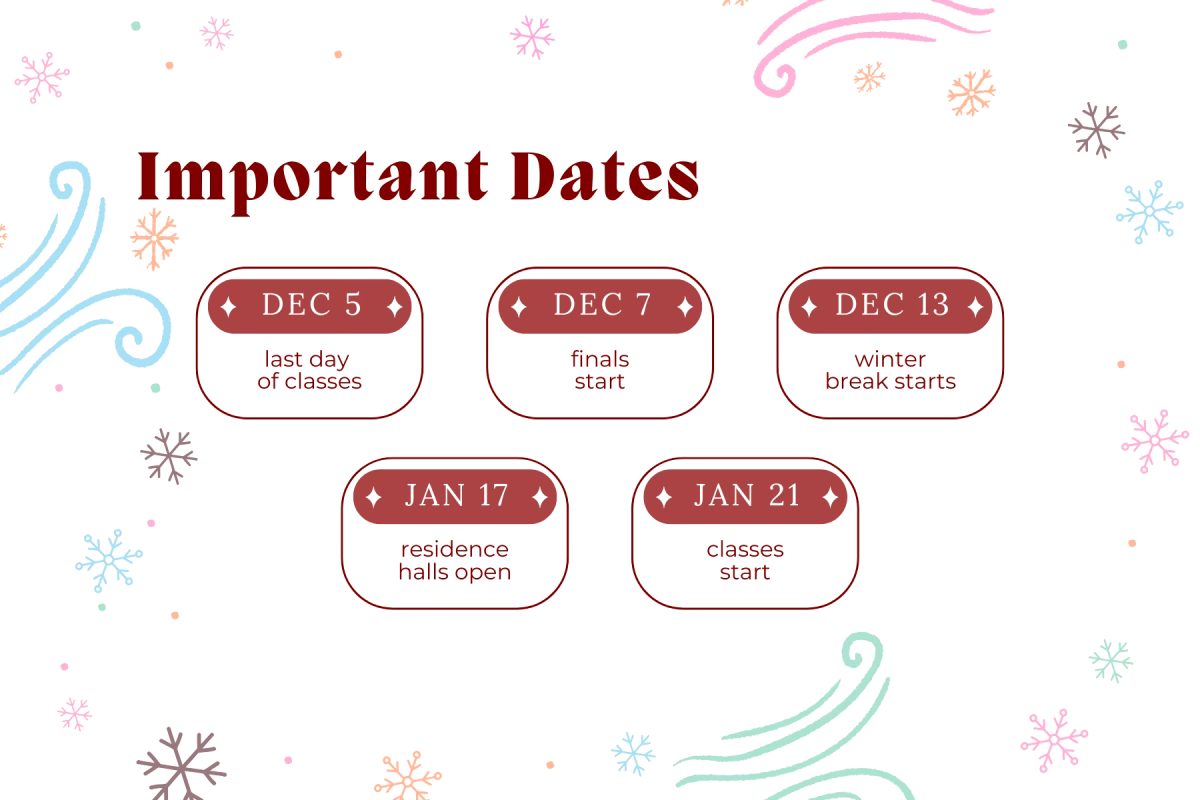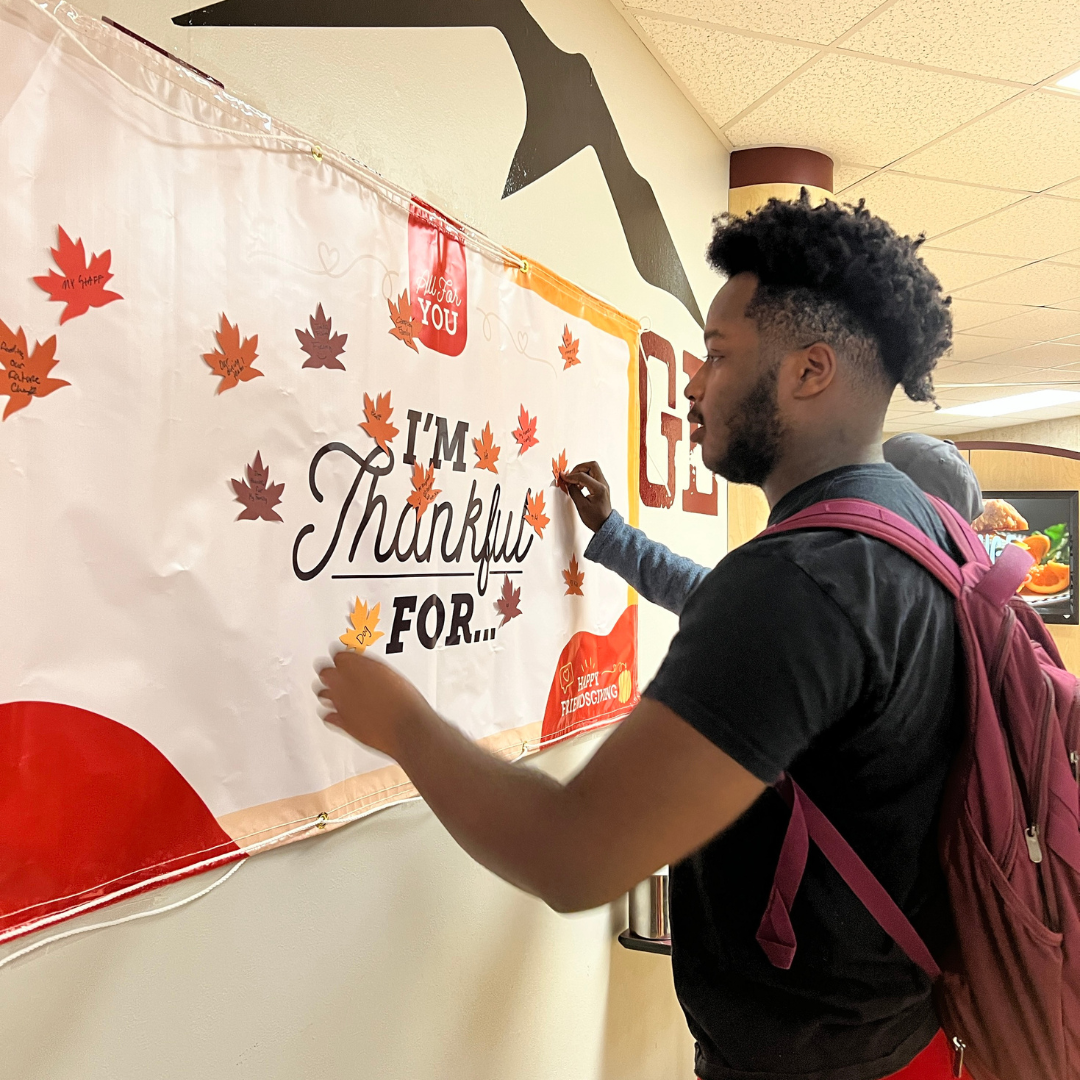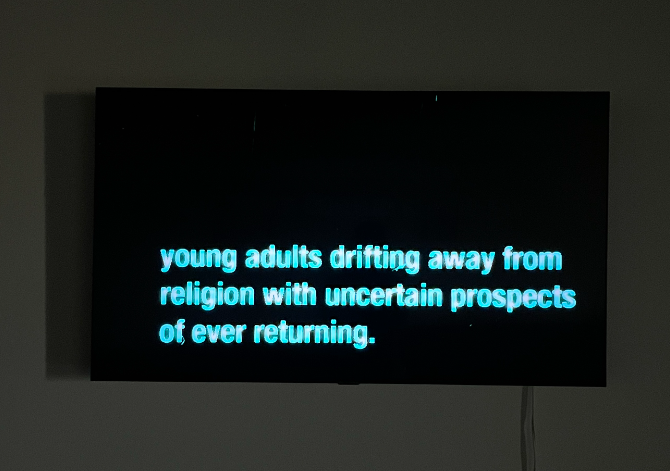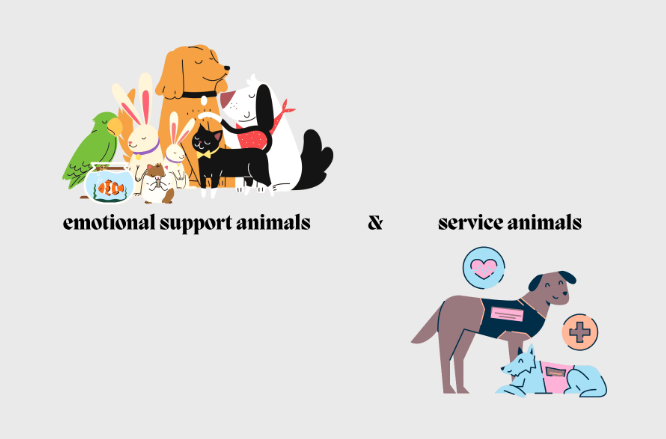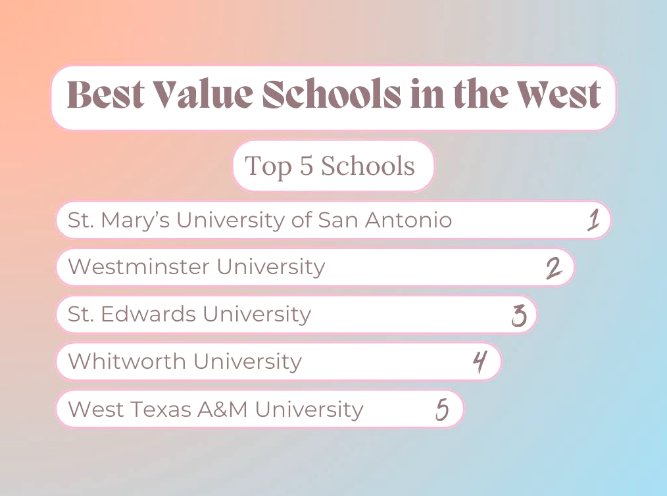Minimum wage works out to about 12 cents a minute.
At the beginning of 2015, the minimum wage was raised in 20 states and the District of Columbia. Texas was not among them, the state’s minimum wage still resting at the Federal minimum of $7.25 an hour. This translates to just over $15,000 a year for a full time worker; as the cost of living increases and inflation marches on, some states and cities have adjusted their minimum wage laws to compensate while others remain divided on the issue. One demographic with a vested interest in the matter are student workers. Whether living on campus or off campus, every student needs cash for food, books, gas and going out.
An ever popular option for the job-hunting undergrad is on-campus work. Any job will have pros and cons; many of the positions offered to students at West Texas A&M University pay minimum wage, but there are other factors to consider.
“A lot of on-campus jobs are minimum wage because of budgets,” Kim Muller, Career Services Assistant Director, said. “I think there is convenience to be considered, there’s value in working on campus that isn’t monetary. We’re flexible with schedules, it allows you to get to know the university, make contacts that can help your academic career and we put the student before the employee.”
Bradley Kinser, a junior Ad/PR major, works for the JBK Operations crew. His job involves setting up Legacy Hall for events, arranging desks and chairs in classrooms, taking out trash and cleaning tables in the JBK Commons.
“I work about 12 – 15 hours a week, all on campus,” Kinser said. “Sometimes it’s hard making minimum wage, there are times I wish I made more, but I understand it. I feel like everyone has to go through it and pay their dues. I get everything done and work the same as I would if I made more.”
Beyond the financial aspect, student workers add the responsibilities and demands of a job to an already loaded plate. It’s a common joke amongst students that, out of sleep, good grades and having a social life, you can pick two and forget about the other. With a job taking up time, the task of balancing a schedule is made more difficult.
“We’ve seen undue stress in off-campus student workers,” Muller said. “It’s not [the employer’s] concern that you have finals.”
Student’s who work on-campus, however, have a leg up against their counterparts abroad.





